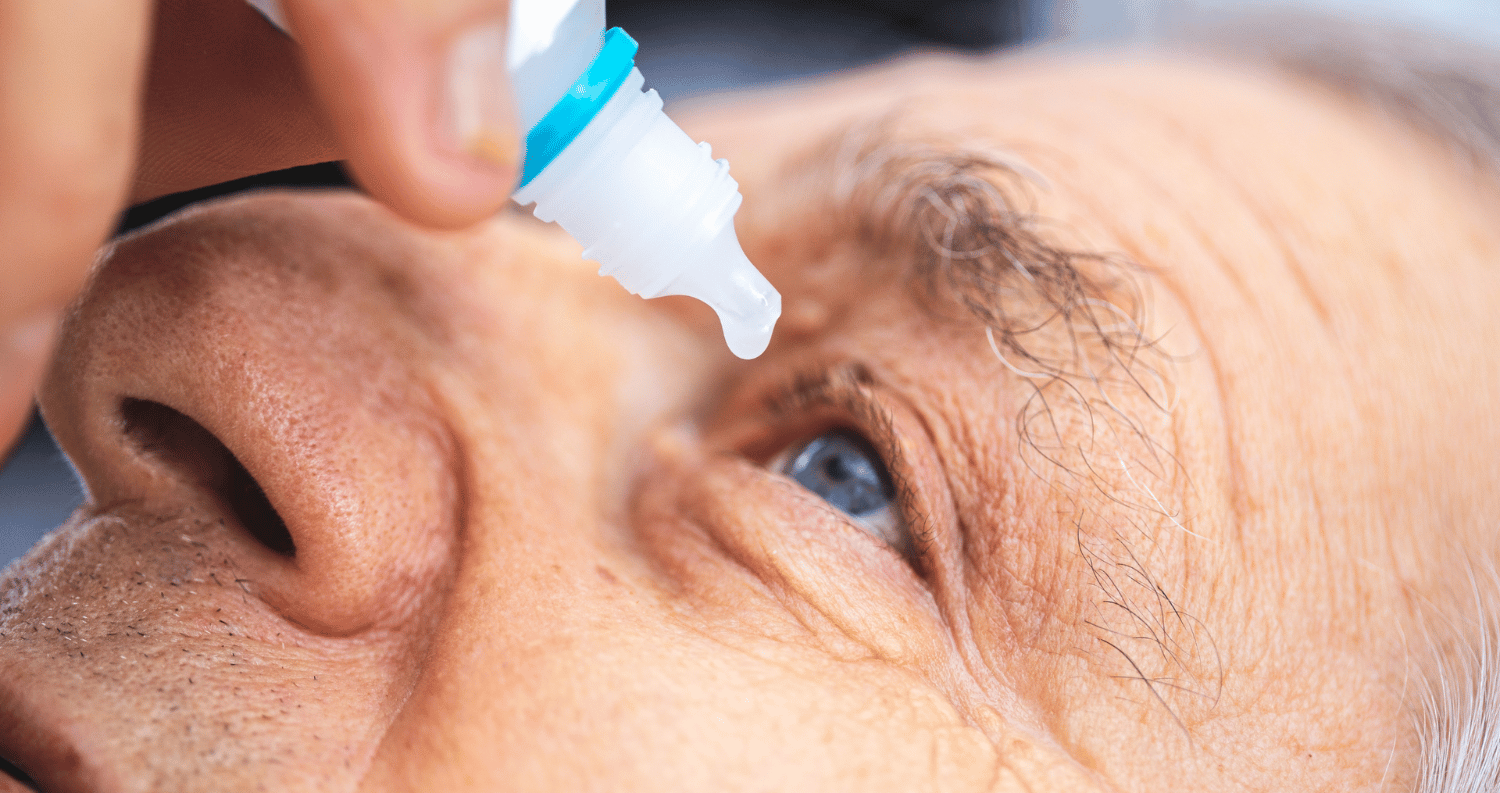Share
A gel-forming sustained-delivery eye drop containing the drug sunitinib, could provide increased intraocular absorption of the drug while protecting retinal cells during treatment of glaucoma.

Dr Laura Ensign from the Wilmer Eye Institute in the US and colleagues say the novel eye drop in preclinical development may provide neuroprotection to the retinal ganglion cells (RGCs).
Anti-glaucoma eye drops are the mainstay of treatment for the disease, and they successfully and significantly lower intraocular pressure (IOP).
However, despite the drops achieving this reduction in IOP, degeneration of RGCs in the retina may progress, threatening vision in many patients.
The researchers say a therapy that protects the RGCs from damage was “just a dream” before this novel approach.
“The concept of delivering a drug to protect RGCs is not something that is currently done clinically, but as a complement to IOP lowering, may be an important glaucoma management tool,” Dr Ensign said.
The investigators reported their progress in Drug Delivery and Translational Research.1
Sunitinib is a protein kinase inhibitor used to treat cancer. After being delivered, it remains in place for an extended period and provides increased intraocular drug absorption.
Researchers are currently considering the potential of moving the eye drop into clinical trials. The goal is to have the eye drop available in a few years, according to Dr Ensign.
This article has been republished courtesy from Mivision.
Reference
-
Kim YC, Hsueh HT, Shin MD, et al. A hypotonic gel-forming eye drop provides enhanced intraocular delivery of a kinase inhibitor with melanin-binding properties for sustained protection of retinal ganglion cells.Drug Deliv Transl Res. 2022;12:826-837.



